Cong Thuong Newspaper had an interview with Mr. Nguyen Hai Phong, Head of the Office of the Vietnam Association of Supporting Industries (VASI) on the sidelines of the Workshop "Promoting Investment in Supporting Industries" recently organized by the Ministry of Industry and Trade about the opportunities and challenges for Vietnamese supporting industry enterprises when participating in the global supply chain.
Improving competitiveness in the supply chain
- Sir, from the association perspective, what role does VASI play in building the ecosystem and promoting the supporting industry supply chain in Vietnam, especially in connecting businesses with foreign investors?
Mr. Nguyen Hai Phong: The Vietnam Association of Supporting Industries (VASI) plays an important role as a bridge, helping Vietnamese enterprises approach domestic and international investors and customers. We organize and support enterprises to participate in trade promotion programs and exhibitions organized by the Vietnam Trade Promotion Agency (VIETRADE) and the Japan External Trade Organization (JETRO), such as the International Exhibition on Manufacturing and Supporting Industries (Vietnam Manufacturing Expo 2025 (VME) and the Vietnam - Japan Supporting Industries Exhibition 2025 (SIE) . These events create opportunities for Vietnamese enterprises to connect with major partners from Japan, Korea, the United States, and the EU, thereby expanding their markets and enhancing their position in the global supply chain.

Mr. Nguyen Hai Phong, Head of Office of Vietnam Association of Supporting Industries (VASI). Photo: Do Nga
Currently, Vietnam’s supporting industry focuses on manufacturing components, spare parts, and assembling component assemblies for FDI manufacturers such as Honda, Yamaha, Samsung, Canon, LG, and Panasonic. However, about 70% of components still have to be imported, with only 30% supplied by domestic enterprises, mainly at tier 2 and tier 3 in the supply chain.
To overcome this, VASI supports businesses in developing high value-added areas such as product design, branding, and automation technology applications. The strength of Vietnamese businesses is their ability to quickly adapt to new technology and customize products according to customer requirements, helping to increase competitiveness.
For example, we have been supporting a small business from the South since 2014, when they had no export background or foreign language skills. Through exhibition programs in Germany, they were exposed to international standards and learned how to operate a global supply chain.
Through on-site training, consulting, and customer engagement, the company has improved its technology, increased its production capacity, and by 2023, invested in two new factories in the North and South, tripling its capacity to meet customer demand. This is proof that participating in the supply chain requires a long-term commitment, with substantial investment in people, technology, and finance.
Need for long-term "handshake" between FDI enterprises and Vietnamese enterprises
- So can you point out what challenges are preventing Vietnamese enterprises from participating more deeply in the global supply chain, and what solutions does VASI have to support enterprises in overcoming these challenges?
Mr. Nguyen Hai Phong: The supporting industry is a sector of the manufacturing industry, requiring very high technical standards and quality. The biggest challenge is that Vietnamese enterprises still depend on imported basic materials such as plastic pellets, steel, and electronic components, leading to high production costs and reduced competitiveness. In addition, meeting the strict standards of the global market is not easy, especially when FDI enterprises such as Japan and Korea set strict requirements on quality and accuracy. This is not a challenge, but a natural requirement of the international supply chain.
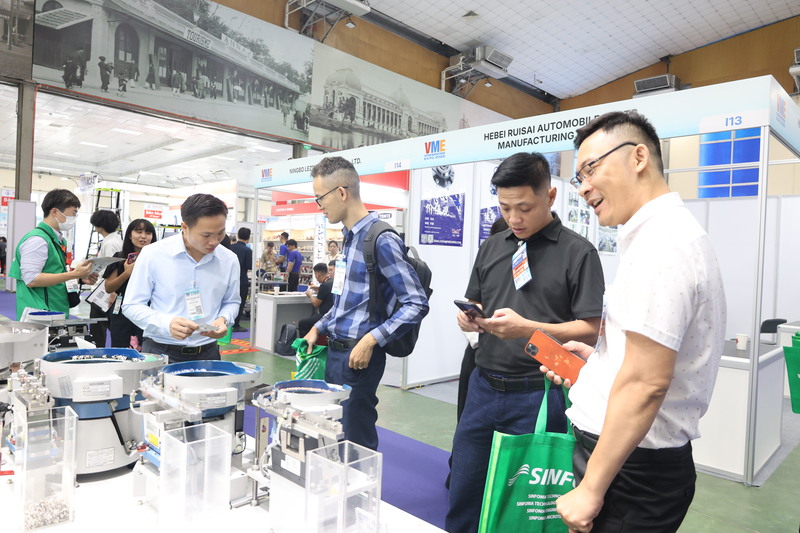
VME and SIE exhibitions have created opportunities for Vietnamese enterprises to connect with major partners from Japan, Korea, the United States, and the EU, thereby expanding the market and enhancing their position in the global supply chain. Photo: Do Nga
To overcome this challenge, VASI implements three main areas of activity. Firstly, we support connecting businesses with domestic and foreign partners through exhibition and trade programs. This helps businesses find domestic suppliers, reduce dependence on imports, and expand cooperation opportunities with large customers.
Second, we provide on-site training and consulting programs to improve production processes, optimize plants, and reduce costs. These activities focus on improving field management capabilities and applying automation technology, helping businesses meet international standards.
Third, VASI promotes internal connections among Vietnamese enterprises to build a network of strategic partners, thereby creating a more sustainable domestic supply chain.
In addition, we encourage industrial parks and FDI investors to provide detailed advice to Vietnamese enterprises on supply chain standards and requirements. To build a sustainable supply chain, there needs to be long-term cooperation between FDI enterprises and Vietnamese partners, jointly developing new products, improving quality, and applying high technology.
- How does VASI assess the development opportunities of the supporting industry in the current context, and what recommendations does the association have to promote product consumption and attract investment?
Mr. Nguyen Hai Phong: The supporting industry is an important foundation and support for Vietnam's economic development. In the context of the global supply chain shift, Vietnam has a great opportunity to attract investment and promote the export of components to markets such as Japan, Korea, the US, and the EU. However, the new US tariff policies, although lower than those of some other ASEAN countries, still create indirect pressure on Vietnamese enterprises through affecting FDI customers. To take advantage of this opportunity, enterprises need to improve their competitiveness and meet international standards.
VASI proposed a number of solutions to promote product consumption and attract investment. First, the government needs to continue supporting end-product manufacturing industries such as automobiles, aerospace, and new energy. These industries are not only potential customers but also lead to the development of supporting industrial supply chains, creating opportunities for Vietnamese enterprises to reach out to international markets.
Second, it is necessary to strengthen international standard training programs and market research so that businesses can understand customer needs and improve products.
Third, the government and relevant agencies should continue to organize international exhibitions such as SIE 2025 and VME 2025, and support businesses to participate to promote products and find partners.
Mr. Nguyen Hai Phong: VASI recommends that industrial parks and FDI investors choose Vietnamese partners with long-term commitments, willing to invest in technology and human resources to meet international standards. Only with close cooperation between domestic enterprises, FDI, and management agencies can we build a sustainable supporting industry ecosystem, bringing Vietnamese brands to the global market.
Source: https://congthuong.vn/doanh-nghiep-viet-co-kha-nang-thich-nghi-nhanh-voi-cong-nghe-moi-414352.html





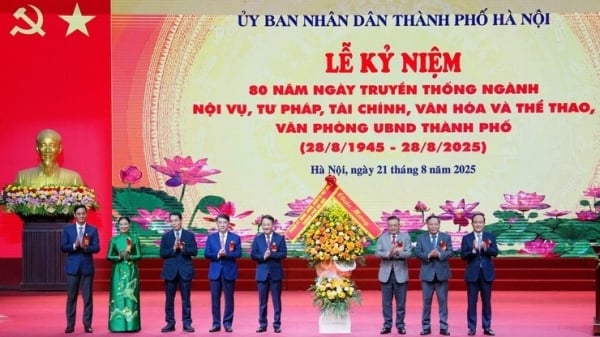


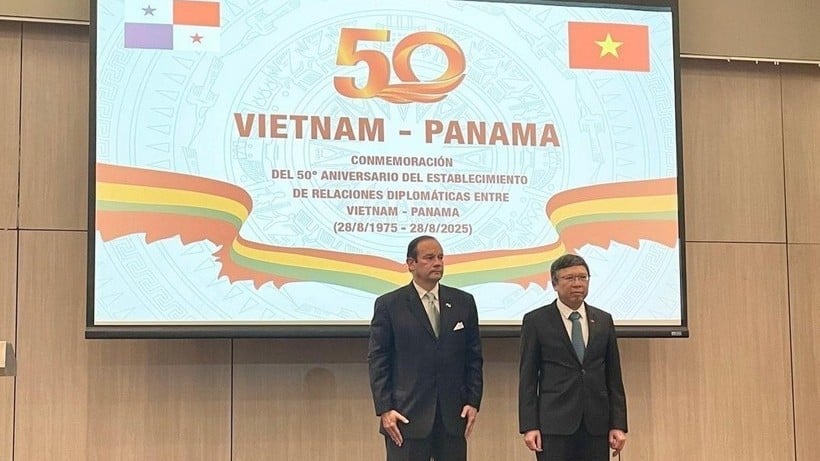
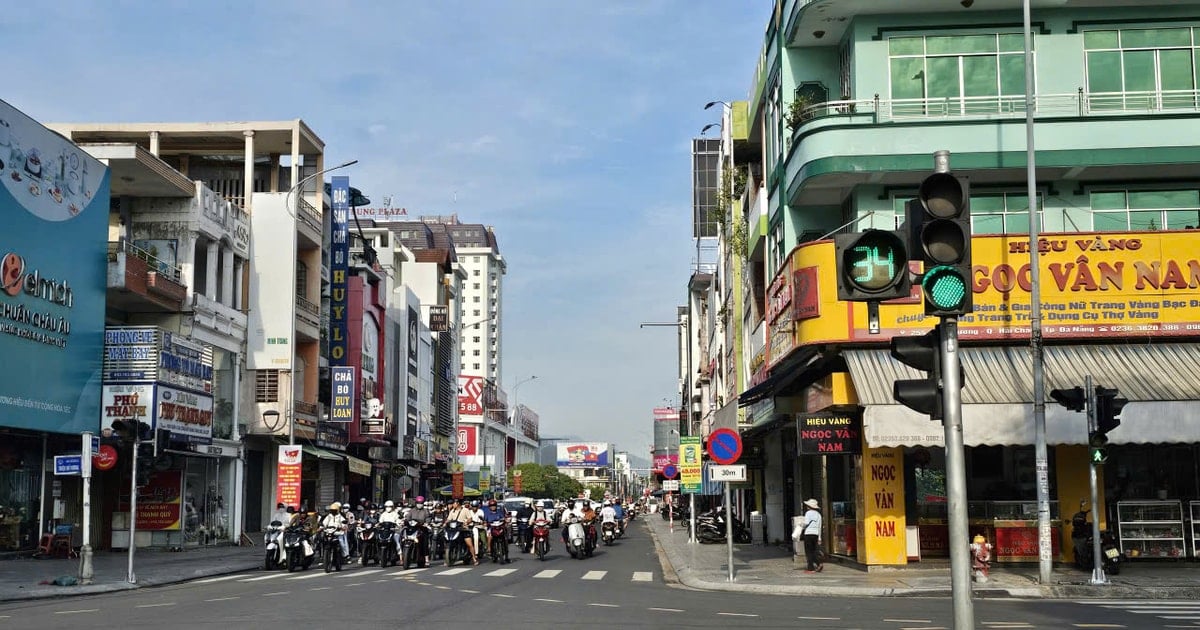





















![[Photo] New look of the coastal city on the Han River](https://vstatic.vietnam.vn/vietnam/resource/IMAGE/2025/8/22/26f58a4a29b9407aa5722647f119b498)









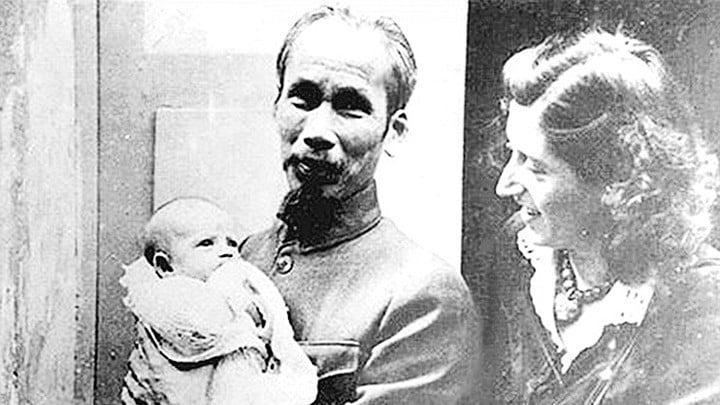





















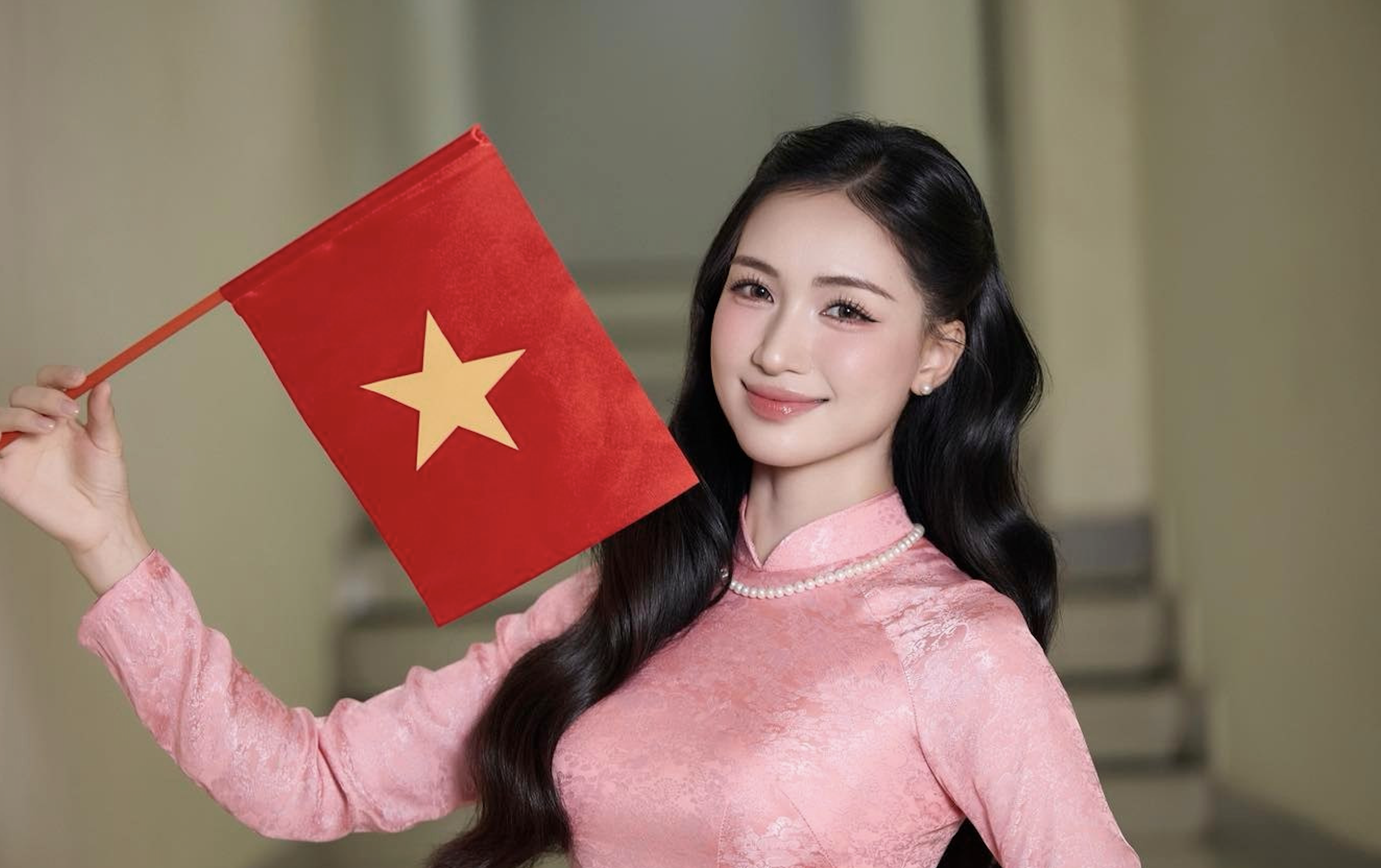
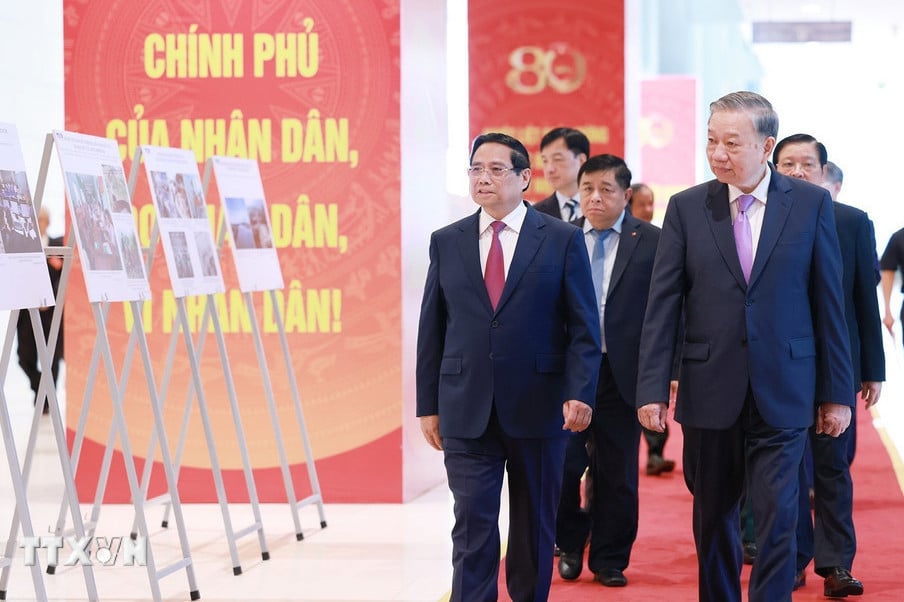
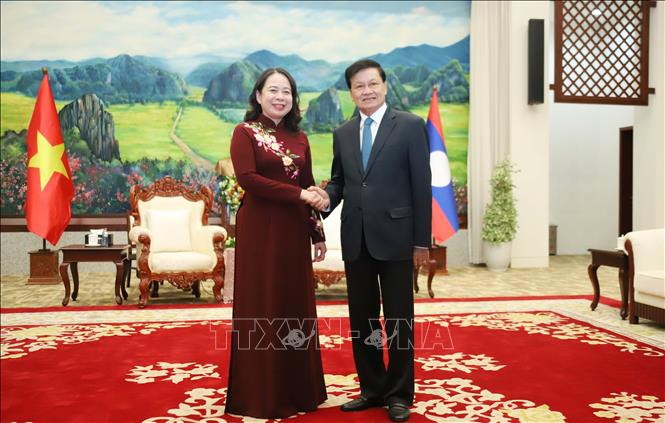































Comment (0)